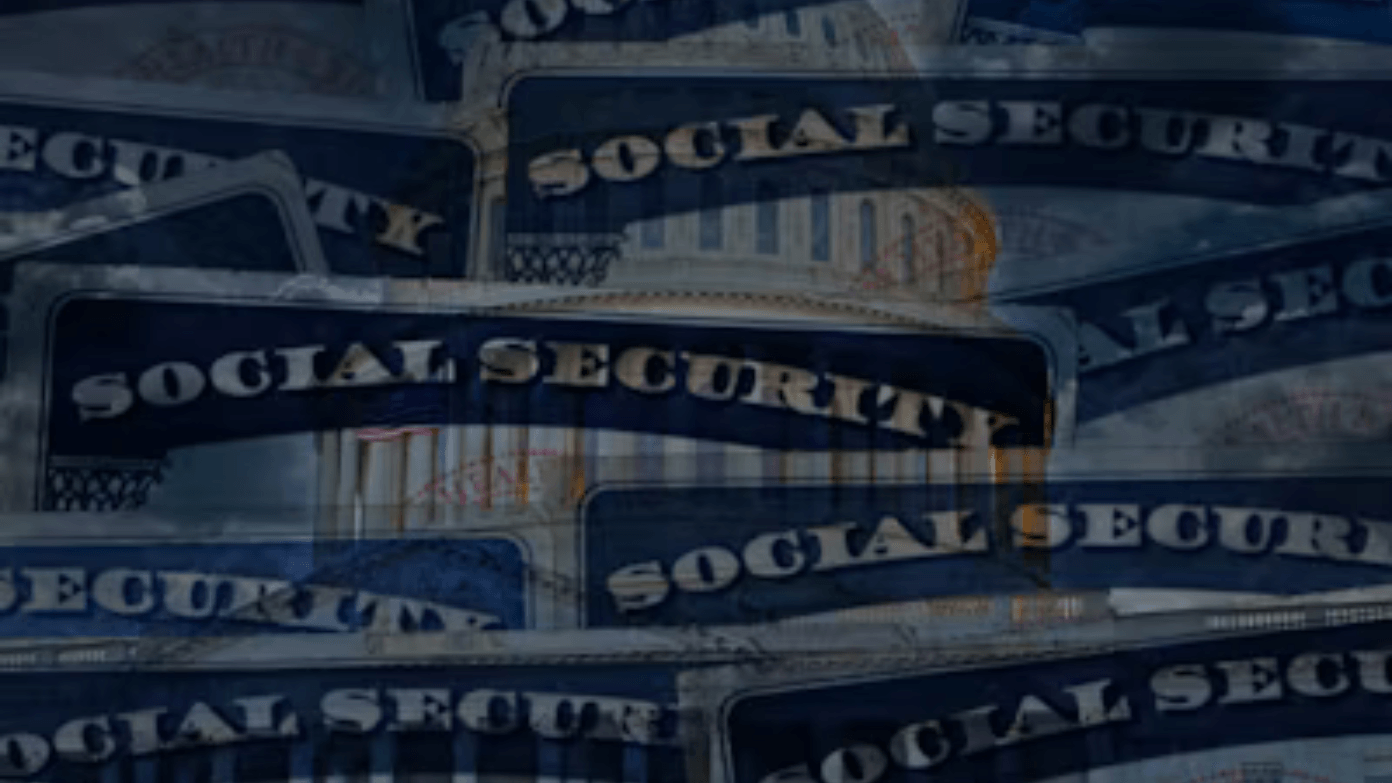Millions of future and current retirees opened their mailboxes during the July 4 holiday weekend to discover an unplanned letter from the Social Security Administration (SSA). The press release of the agency, “Historic Tax Relief for Seniors,” embraced President Trump’s just-signed “One Big, Beautiful Bill” and asserted that “nearly 90% of Social Security beneficiaries will no longer pay federal income taxes on their benefits.” Policy experts were quick to challenge the assertion as at best misleading and at worst a public trust violation.
What the email actually said
The email, copied into a blog post on SSA.gov, positioned the legislation as broad tax relief that “slices federal income taxes on Social Security benefits for the overwhelming majority of beneficiaries” and quoted Commissioner Frank Bisignano as proclaiming a “historic step forward for America’s seniors.” The same language was employed in an agency newsflash to the 71 million individuals with My Social Security accounts—a first for traditionally bland SSA.
Why critics think the message Is misleading
Tax Policy Center analysts and former senior SSA officials note that the law does not terminate taxation of benefits. Instead, it puts in place a temporary, increased standard deduction for 65-and-older filers between 2025 and 2028. That change will end or reduce benefit taxation for some middle-class retirees but doesn’t come close to erasing existing thresholds—so many lower-income older citizens already owe nothing, see little, and higher-income workers may still owe a tax.
Tax Policy Center’s Howard Gleckman explained to the Washington Post that the bill “does not eliminate or even directly cut taxes on Social Security benefits.” The email was criticized by President Biden’s former deputy SSA commissioner, Jeff Nesbit, as “a blatant political statement” from an apolitical communications agency. Members of Congress, such as Rep. Frank Pallone, said the message undermined Hatch Act prohibitions against partisan activities by government employees.
In the “Unprecedented” campaign
SSA has long mailed out benefit notices and permits only email as reminders of accounts or general alerts about fraud. Mass-marketing a policy victory tied to a president is “completely unprecedented,” said Kathleen Romig, a former SSA adviser now at the Center on Budget and Policy Priorities. Numerous older recipients, accustomed to distrusting unsolicited government email in the midst of an epidemic of phishing schemes, wondered if the communication was genuine. Cyber-security experts cautioned that politicized government mail misrepresents the difference between legitimate notices and scams, making it easier for unsuspecting seniors to fall victim to scam.
Social Security Works’ Nancy Altman referred to the show as an “alarming breach of trust” since retirees are relying on SSA for impartial, accurate information. Bipartisan unease inside the agency that its communications branch “has become politicized” was described in Axios. Acting commissioner Leland Dudek, who arrived after last February’s leadership change, has yet to come out in public in defense of the criticism.
What beneficiaries should know
- No action necessary yet: IRS withholding tables will adjust automatically for those who qualify when returns are processed in 2025.
- Check any future SSA emails: Official messages are sent from a “.gov” address and never ask for personal information or funds.
- Check your 2025 tax status: Middle-income retirees might gain, but check with an experienced preparer to determine if the increased deduction is enough to offset other changes.
- Look ahead for additional direction: SSA says it will “continue to work closely with federal partners to help ensure beneficiaries understand how this law might impact them.”
More general implications for SSA credibility
The storm is brewing amid allegations SSA is increasingly under attack for data privacy, management turnover, and fake phishing scams in its name. By publishing a partisan spin widely perceived as an email, the agency risks eroding the public trust it must rely on to combat fraud and pay out $1.5 trillion in yearly benefits.
In the end, though the new legislation provides minimal, temporary tax relief to tens of millions of elderly Americans, the commotion about SSA’s messaging verifies a larger principle: respected institutions must tell the truth—particularly when politics is in chaos. Every word counts when retirees’ money and trust in government hang in the balance.

